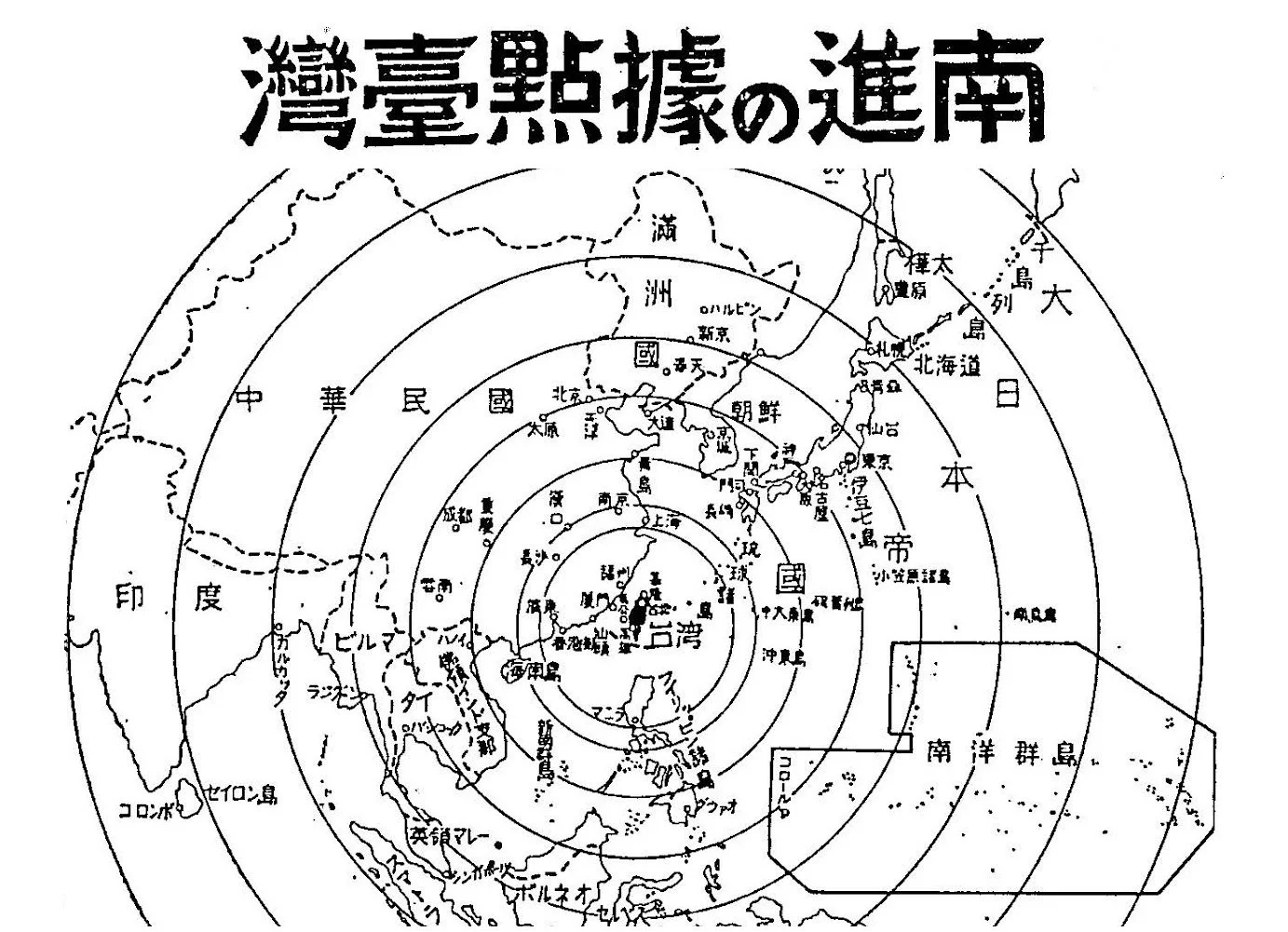All tagged Japanese colonialism
We are pleased to discuss with Professor Seiji Shirane the intermediary role of colonial Taiwan and overseas Taiwanese subjects in the Japanese Empire’s southern advance in South China and Southeast Asia. Part 2 covers Professor Shirane’s thoughts on his book’s potential reception in Taiwan, his pedagogical and historiographical interventions in the field of modern Japanese history, the goals of the newly founded Modern Japan History Association (MJHA), and his advice to graduate students studying Taiwan history in North America.
We are pleased to discuss with Professor Seiji Shirane the intermediary role of colonial Taiwan and overseas Taiwanese subjects in the Japanese Empire’s southern advance in South China and Southeast Asia. The interview is published in two parts. Part 1 details Professor Shirane’s academic trajectory and the historiographical interventions that his scholarship builds on and further extends.
In Taiwan, many school campuses are said to have been built upon the site of public cemeteries. This article will probe into the mystery of school campuses by looking at the history of public cemeteries and the founding of several schools in Taipei City.
Few scholars have investigated both the colonial origin of Taiwan’s medical profession and the development of Taiwan’s public health system and civil society engagement after democratization. How did the medical profession in Taiwan emerge in the Japanese colonial era? Why are there many doctors actively participating in today’s Taiwanese politics?
During the 1960s and 1970s, Keelung was famous for its indent store business, a trade that specializes in consigning goods for sale or purchasing imported goods. How should we understand the rise and fall of the "indent store" business in relation to the historical formation of Keelung city?
The practice of physical training is not only an issue of individual choice but has always been intertwined with the political economy of nation-building. A story of civilization, wartime mobilization, and nationalism, this article on physical training features as part of our special issue: Encountering Everyday Life: Taiwan in Museums.
In the early stage of Japanese colonial governance, the Government-General of Taiwan encouraged the straw hat business—the growth of which not only brought Taiwan to the stage of international fashion, but also consolidated Japan’s colonial imaginary of Taiwan as a southern island, a strategic site from which the southward advance policy could be launched. A story about colonial modernity and imaginaries, this article features as part of our special issue: Encountering Everyday Life: Taiwan in Museums.
Taiwan’s sugar industry flourished during the Japanese colonial era, giving birth to the widely known chocolate brand: The Meiji Chocolate. A story about Japanese colonial modernity and anti-colonial resistance in Taiwan, this article on sugar features as part of our new special issue: Encountering Everyday Life: Taiwan in Museums.
During WWII, the Japanese empire mobilized its colonial populations for its imperial expansionist efforts. In 1944, Tân Í-bûn from colonial Taiwan joined the Japanese Imperial Army and served in Manchuria. When war concluded, he was captured as a POW and interned in Siberia. 70 years later, his grandson Chen Li-hang reflected upon the historical knowledge production of this wartime experience.
For decades, the Love River (愛河 Ai He) has always been a sparkling spot of Kaohsiung’s cityscape. In this article, readers will find out how the story of this beloved river intertwined with the city’s century-long history, from the Qing Dynasty, the Japanese colonial era, to the twenty-first century.
During WWII, there were hundreds of Taiwanese living in Southeast Asia. They were regarded Japanese, lost everything overnight and were detained in internment camps. Shu-min Chung (鍾淑敏) had dug up historical materials in search of the Taiwanese in internment camps, trying to fill in the forgotten history of overseas Taiwanese.
During COVID-19, exceptional public health measures were adopted by nations to secure their populations from disease and death. In imperial Japan, practices and discourses of public health played an equally important role in transforming the nation into a civilizing power fit to survive in the modern world. What can we learn from the practice of mask-wearing in colonial Taiwan?
Pop songs in Taiwan have been an inseparable element in people’s everyday life. How was its rise and popularity linked to Japanese colonial governance in Taiwan? How did the reception and prohibition of pop songs shift under the Nationalist government’s martial law regime?














